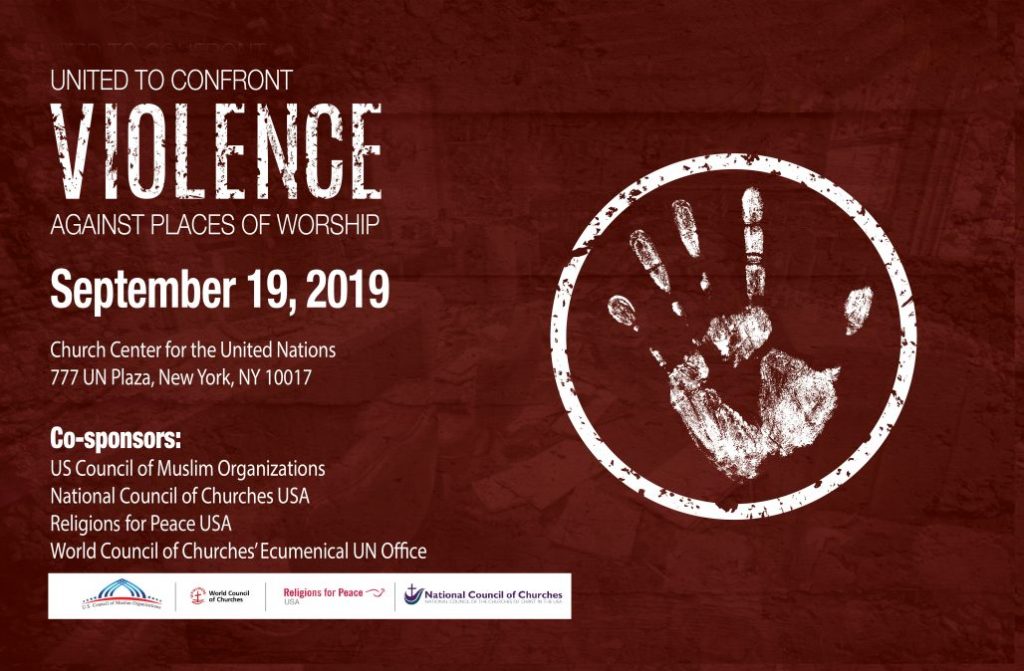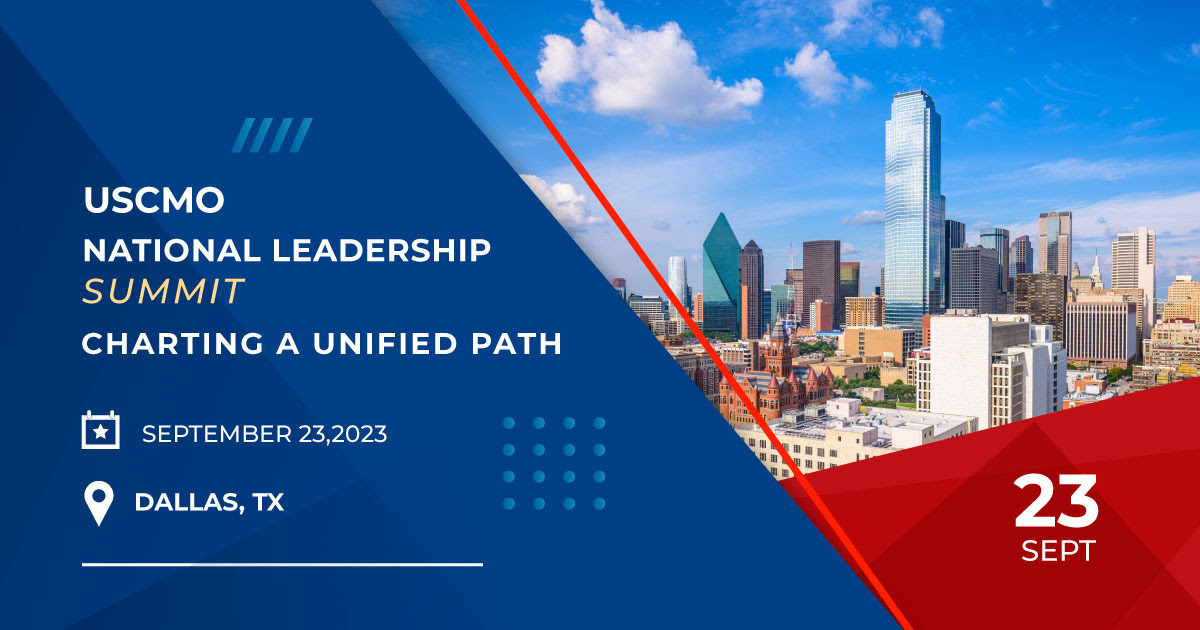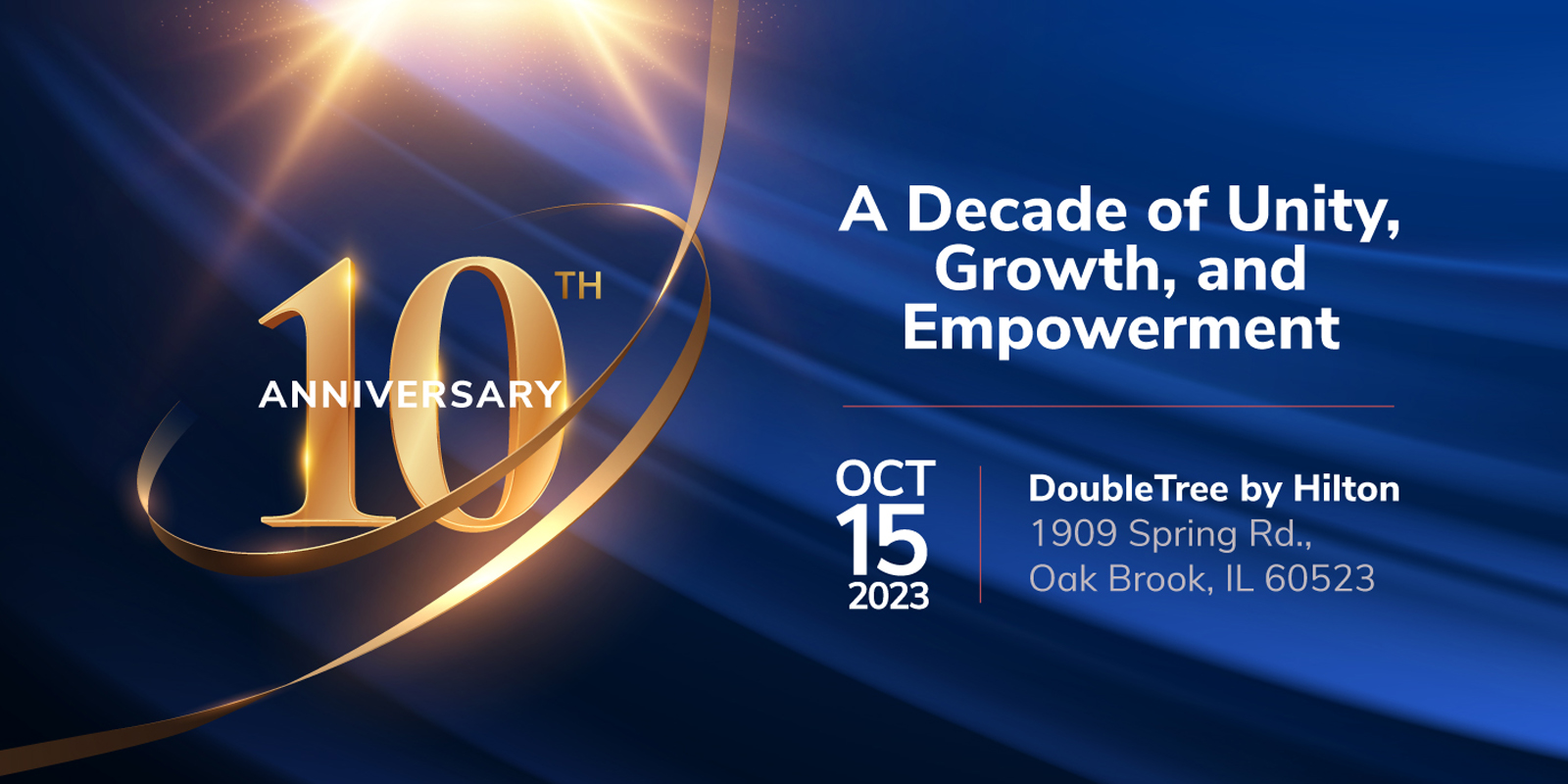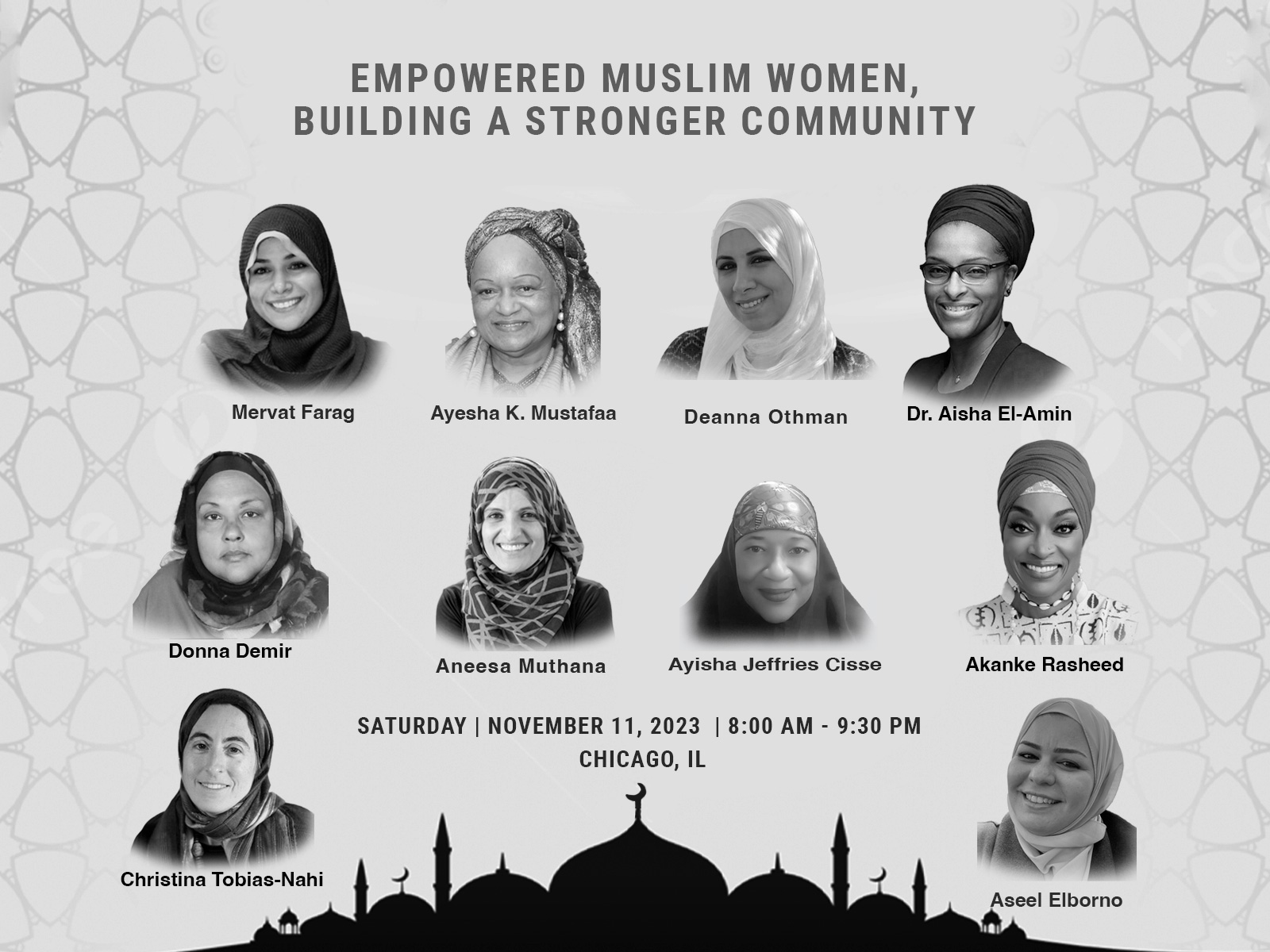The event sought to call widespread attention and give unequivocal backing from America’s religious communities to the Plan of Action to Safeguard Religious Sites. The blueprint, released by the United Nations Alliance of Civilizations, follows up on the UN’s June introduction of its Strategy and Plan of Action on Hate Speech.
Alliance High Representative, Miguel Moratinos, who spent the year shepherding the new plan’s development among UN entities, governments, religious leaders, and faith-based organizations, personally addressed attendees of “this timely event on how we can confront violence against places of worship around the world.”
On behalf of his cosponsors counterparts, USCMO Secretary General Oussama Jammal convened the event – themed “United to Confront Violence Against Places of Worship” – at The Church Center for the United Nations, across from UN headquarters.
“Our leadership and all our member organizations harbor the highest commitment to implementing your plan,” he told Moratinos, and cited its goal of bringing people together to protect places of worship as a divine injunction of the Quran.
“Had God not decreed to repel some people by means of others, demolition would certainly have come to many hermitages, and churches, and synagogues, and mosques, in which the name of God is much mentioned in praise.”
Dr. Antonios Kireopoulos, National Council of Churches (NCC) USA, highlighted the significant relationship between NCC and USCMO and how it evolved to forge this joint consultation to confront violence against places of worship.
The spike in hate speech, especially by political leaders, has sparked an appalling increase of violence against religious communities that has led to mass killings, including genocide, according to UN Secretary General António Guterres’ Special Advisor for the Prevention of Genocide, Adama Dieng, who outlined the anti-hate speech plan for religious leaders.
“Implementing this Plan of Action could contribute to the prevention of atrocity crimes worldwide, especially in areas affected by religious and sectarian tensions and violence. Its implementation will also enhance the respect, protection and promotion of human rights.”
Rev. Donna Bollinger, World Council of Churches Ecumenical UN Office, and Imam Naeem Baig, Religions for Peace emphasized the need to follow-up on such important consultation. Both Rev. Bollinger and Imam Baig moderated the group presentations in the morning and afternoon sessions.
The consultation also welcomed Simona Cruciani, Political Affairs Officer of the UN Office on Genocide Prevention. Ms. Cruciani outlined the Plan of Action for Religious Leaders and Actors to Prevent Incitement to Violence that Could Lead to Atrocity Crimes. “Religious leaders’ and actors’ action in peace building and sustaining peace prevention of violence is essential and complimentary to the action of states,” she said previously, citing their moral authority with people and their deep grassroots connection to them.
Other presenters, like Rabbi Diana Gerson, Associate Executive Vice President of the New York Board of Rabbis; Dr. Abdus-Salaam Musa, President of the Southeast Queens Muslim Collective; Rev. Kyoichi Sugino, Deputy Secretary General of Religions for Peace International; Rev. Douglas Leonard, Coordinator of the WCC Ecumenical UN Office; and Mr. James Lynch, President of the Buddhist Council of New York, told stories of violence against their religious communities and how to deal with hate speech.
Dr. Azza Karam, Chair of the UN Inter-Agency Task Force on Engaging Faith Based Organizations for Development discussed the UN Plans of Action and how faith communities could cooperate in preventing hate speech, violence, and future atrocities.
Others from diverse religious communities around the country contributed important ideas about religious communities working together to safeguard places of worship and the devotees from supremacist and bigoted violence targeting those who pray and give remembrance in them.
“These attacks, accompanied by a rise of hate speech in the US and around the world, are leaving faith communities vulnerable,” said cosponsors representatives of USCMO, the National Council of Churches USA (NCC), Religions for Peace USA (RFP), and the World Council of Churches Ecumenical UN Office (WCC) in a joint statement from the event.
They also highlighted the consultation as the fruit of the National Muslim-Christian Dialogue convened by the NCC and USCMO, underscoring it as “the first such meeting of religious and other civil society groups organized to address the concern over the recent and increasing violent attacks and mass shootings at churches, synagogues, mosques, gurdwaras, and other places of worship.
[easymedia-fotorama med=”11074″]





